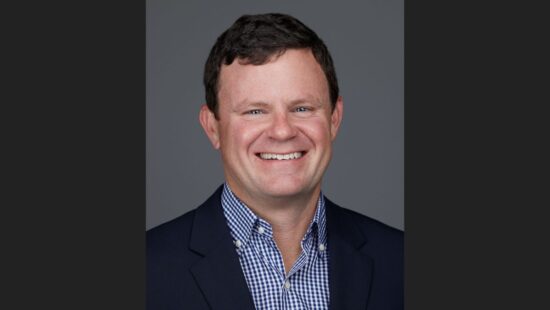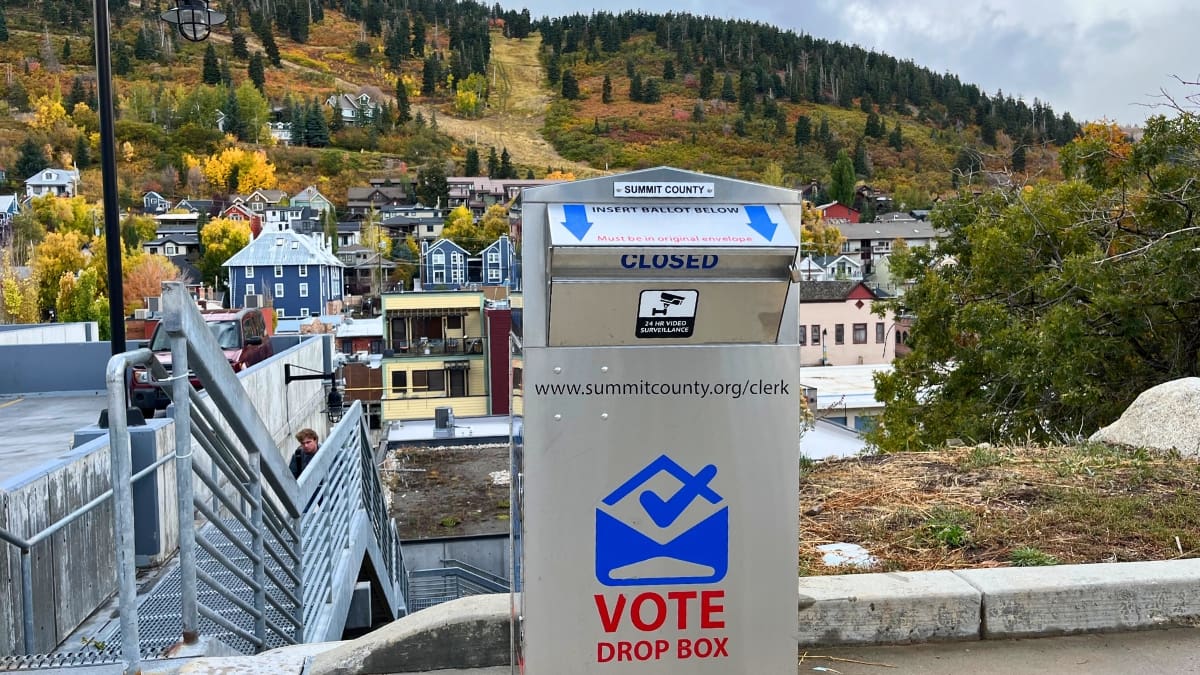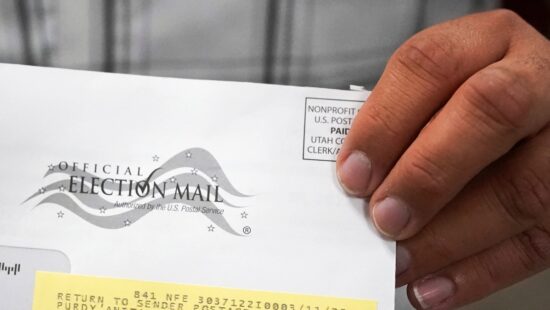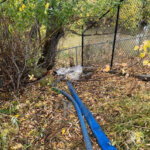Politics
The true price of ‘affordable’ housing as low income residents are plagued by costly repairs
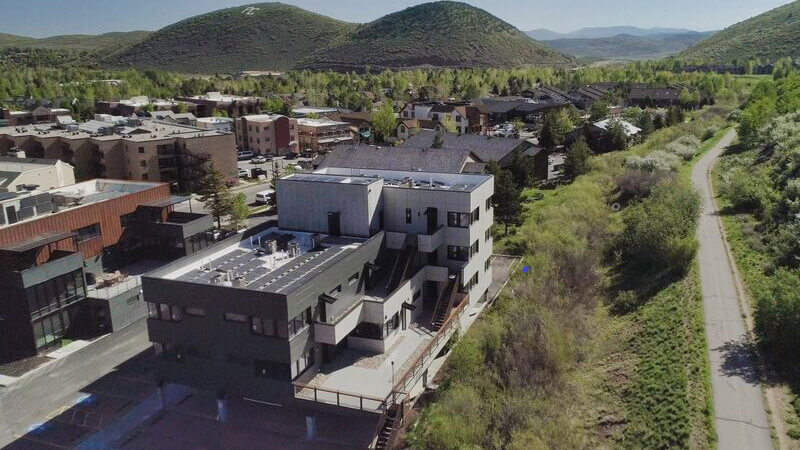
Central Park Condos, one of the city's affordable housing projects located in Prospector, faces large-scale and costly construction flaws, one of its residents says. Photo: Park City Municipal
Homeowners in affordable units can end up paying thousands in special assessments or repairs for issues they say stem from poor construction, a dynamic some describe as the hidden cost of Park City’s affordable housing model
PARK CITY, Utah — Local leaders see affordable housing as a cornerstone of Park City’s effort to sustain its workforce and economy — but complaints from residents of city-backed developments are raising questions about how well efforts are working.
Park City defines affordable housing as deed-restricted ownership and rental units reserved for moderate-income local workers deemed essential, like teachers and emergency service workers. Most projects are built through public-private partnerships, combining city resources — land, financing, and fee waivers — with private investment to create and maintain homes for the workforce.
With the average market rate home now over $1.5 million, ownership is out of reach for the majority of workers who keep Park City running. Renting isn’t much easier: Apartments.com currently lists market rate two-bedroom units at $2,373 per month on average, and four-bedroom homes rent for $5,000 to $5,500.
Both Park City and Summit County leaders want to close the housing gap and view building more affordable housing as key to the economic viability of the greater Park City area. Between the two, the goal is to build 2,600 more affordable housing units in the next 10 years, which represents a 134% increase in the current city and county’s stock of roughly 1,870 units. Currently, the city is urgently advancing plans for affordable units at Clark Ranch, while the county is preparing to build on the Cline Dahle property in Jeremy Ranch.
From the perspective of the Park City Chamber of Commerce affordable housing is a vital component of the area’s economic engine.
“Unaffordable housing is a primary factor in employee turnover, a problem that will worsen as regional developments arrive and intensify the competition for scarce labor,” Jennifer Wesselhof, President and CEO of the Park City Chamber of Commerce & Visitors Bureau, said in a 2024 editorial.
Yet as new projects move forward, some residents want leaders to first fix problems in existing developments.
Residents say they shoulder costs of building defects and depleted reserves
At a City Council meeting Oct. 16, homeowners from the King’s Crown project — built near the base of Park City Mountain in 2019 — described ongoing challenges they say threaten affordability and safety, including construction flaws, deferred maintenance, and the loss of promised parking.
King’s Crown, a mix of affordable, attainable, and market-rate units, was once touted as a model for integrated workforce housing.
Matt Chasney, a King’s Crown homeowner, told the council the developer “cut many corners throughout the construction process,” citing improper insulation, cracked window frames and poor water pressure. Chasney described other concerns to TownLift including elimination of central AC, and solar panels that were damaged and inoperable after 2023 snowfall.
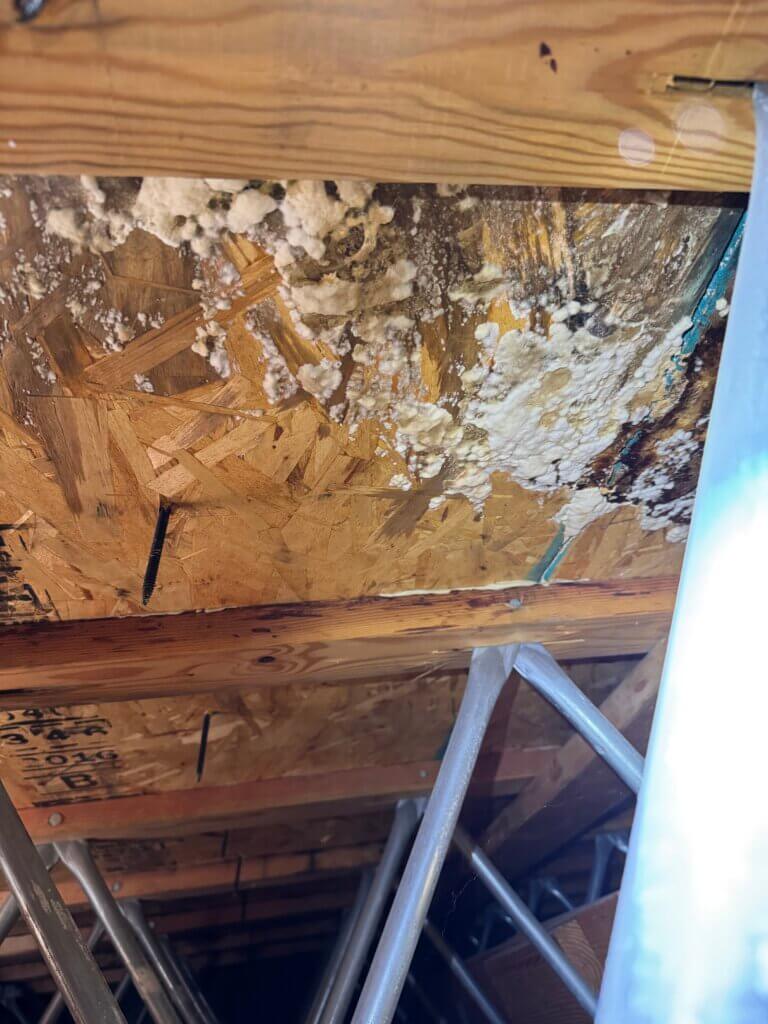
“We have many more issues with the building but these were the major costly items which have depleted our reserve fund,” Chasney said.
Big-D Construction’s Dick Whitney oversaw building King’s Crown for developer CRH. He said he hadn’t heard complaints about the defects Chasney alleges.
“The design was up to code and the build also met code,” Whitney said.
During his comments to City Council, Chasney asked the city to provide the original building plans, review the change-order process, and commission a third-party inspection to verify the building meets codes. He also called for a pause on new affordable housing construction until known issues in existing projects are resolved.
Chasney said he contacted the city starting in 2022 with concerns about how noisy the King’s Crown units were. An initial noise test failed, then a second test passed after remediation; Chasney said his building remains uncomfortably noisy.
Ivonne Timar, also an owner at King’s Crown, said the last-minute conversion of five affordable units to market rate in 2020 coincided with the removal of on-street parking once available to residents, creating a new hardship.
“It’s simply not practical to have just one parking spot for multiple-person households,” she said.
Laura England, another resident, described years of “juggling and shuffling” parking arrangements that often led to tickets.
HOA finances deepen affordability strain
The King’s Crown Homeowners Association has faced its own financial challenges as residents contend with the costs of maintaining and repairing the property.
The HOA’s 2024 financials show it ended its fiscal year with a $15,000 loss, overspending its budget by nearly 40 percent. Records also show the HOA held $11,700 in cash and more than $11,000 in unpaid bills.
A first-quarter 2025 report told a similar story.
“With negative net income and accounts payable mounting, the business is at risk of cash flow insolvency if corrective actions aren’t taken,” the report read.
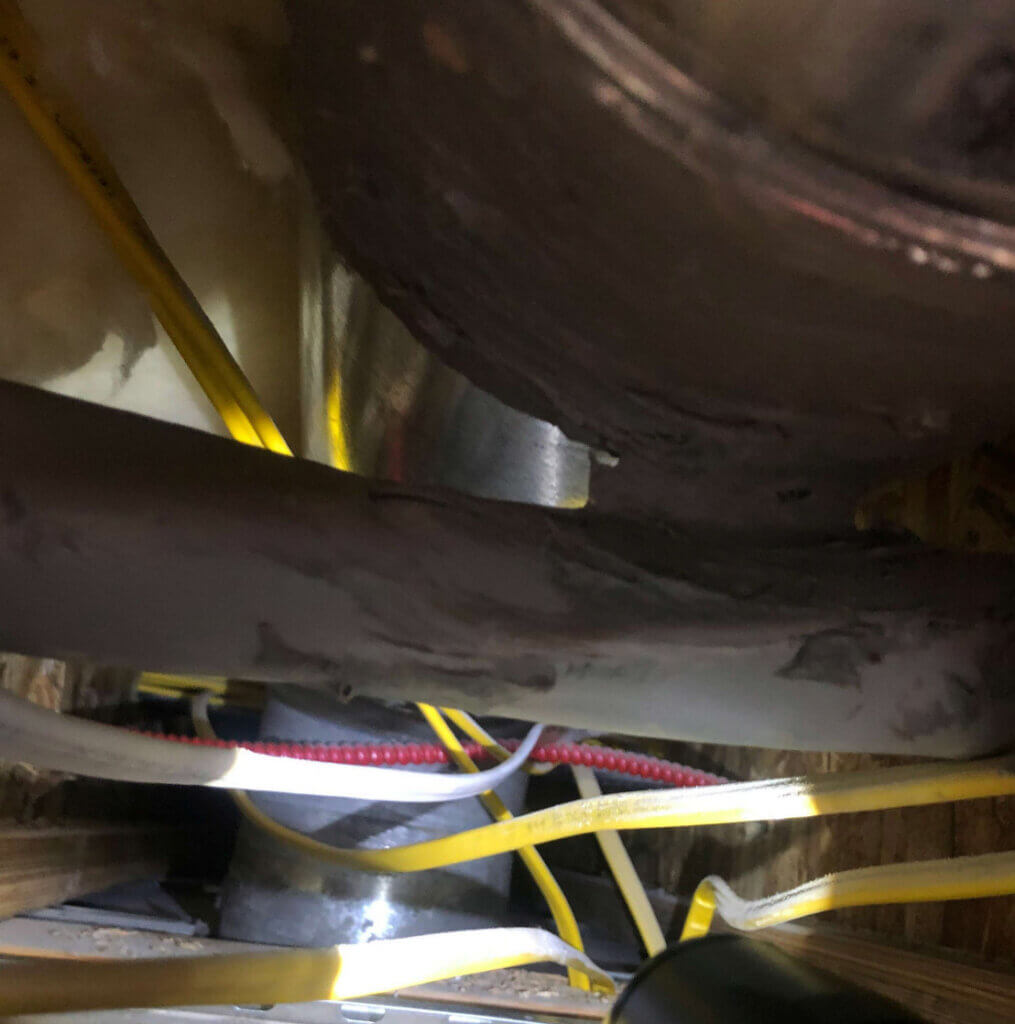
Chasney said the financials at King’s Crown have been bleak since the beginning and maintained that the HOA board holds some responsibility. “It’s just blatant mismanagement,” he said.
For residents in deed-restricted units, those costs can cut sharply into already tight budgets. In practice, it means homeowners in “affordable” units can end up paying thousands in special assessments or repairs for issues they say stem from poor construction — a dynamic some describe as the hidden cost of Park City’s affordable housing model.
City orders review of housing quality and accountability
City officials said they’ve heard enough concerns across multiple housing developments — not just King’s Crown — to warrant a closer look.
Park City Municipal Housing Program Manager Rhoda Stauffer said the city recently initiated a process to hire an outside expert to assess construction concerns in multiple developments and determine which fall under normal homeownership versus potential defects or city responsibility. The window for people to submit feedback or complaints was open from October 10–24.
“We’ve gotten reports from enough [homeowners] that the council was simply concerned about the ones the city had some responsibility for building,” Stauffer said. “The [city] will hire an expert to review all repair and capital spending, as well as structures, and make a recommendation…about what is normal wear and tear, and what could be due to original construction defects or bad workmanship.”
She emphasized that if structural problems rise to the level of health or safety concerns, residents should report them to the city’s building department. “If there are structural issues and someone brings it to the city building department, they will investigate — and they did investigate some of the things you’re hearing from people at King’s Crown,” Stauffer said, noting that some problems were corrected several years ago.
Problems beyond one project
Other residents in city-backed housing developments say they struggle with soaring maintenance costs, structural issues, leaks, grading problems, and mold.
One homeowner at Central Park Condos, who requested anonymity due to fear of retaliation and concerns the buildings may need to be vacated for repairs, told TownLift their buildings suffer from “significant leaks and moisture issues” that could cost hundreds of thousands of dollars to fix.
The resident said the city approved the building despite apparent code deficiencies and the HOA “does not have the money to even begin to start to fix this problem.” The resident also said while closing on their unit in 2023, their lender nearly withdrew financing after reviewing documentation of the building’s deficiencies. The financing hiccup was later resolved.
Concerns about long-term maintenance and affordability also have surfaced before. In a 2023 Park Record letter homeowner Lara Carlton of Prospector Square, described ongoing costs he said undermined the purpose of the housing program.
“Both the city and the developer have seemed to wash their hands of responsibility,” Carlton wrote. “The mistakes are being borne on the backs of the homeowners, and this has to change.”
Carlton detailed the financial pressures of HOA dues and assessments, arguing that the city “did not do adequate due diligence on long-term viability of affordability in this location.”
Looking forward
After the Oct. 16 city council meeting, Councilmember Jeremy Rubell said the city should ensure that existing affordable housing units are safe before investing in new ones.
He questioned the city’s focus on large-scale projects such as Clark Ranch while longstanding developments like Holiday Village, Aspen Villas, and Snow Creek Cottages face deferred maintenance and other problems.
“Before we keep pushing forward, maybe we should look at what’s wrong with the process or the system and try to fix that,” Rubell said.
City Council candidate, Diego Zegarra, a member of the HOA at Kings Crown and Kings Crown homeowner, echoed that sentiment and said it’s up to elected leaders to focus on the long-term health and well-being of Park City; investing where the free market falls short and ensuring the community remains livable.
“There are real opportunities ahead to strengthen our neighborhoods, protect our shared interests, and invest in a future that includes our teachers, ski patrollers, and workforce families. Housing is how we build that future together,” he said.
Stauffer said that the city’s committee will review feedback gathered from the request for statements of qualification in the next two weeks and aims to have qualifying projects under contract by early December to start work with the HOA’s requesting assistance.
Editor’s note: This story has been corrected. Robert Meyerowitz was previously cited as the author of the 2023 letter in the Park Record, however it was Lara Carlton who wrote the letter.
















